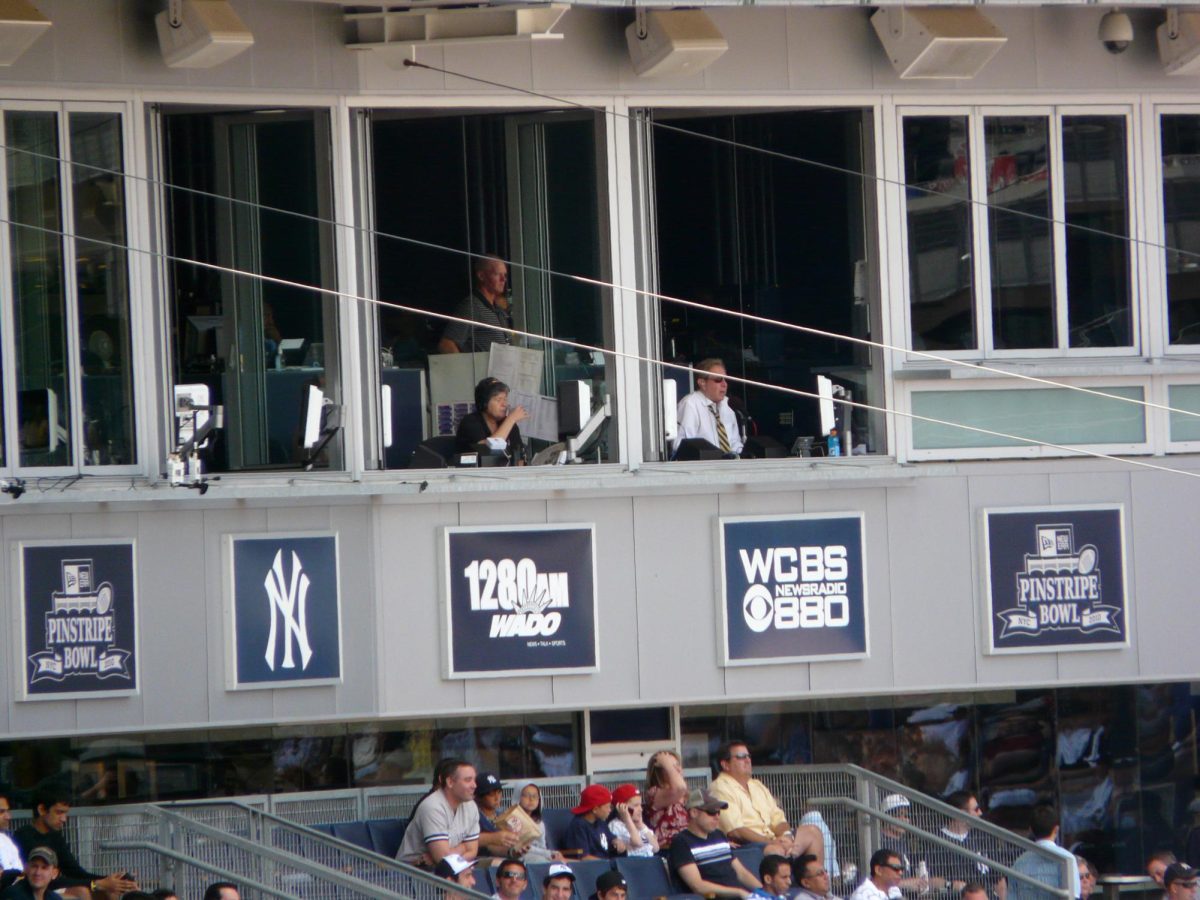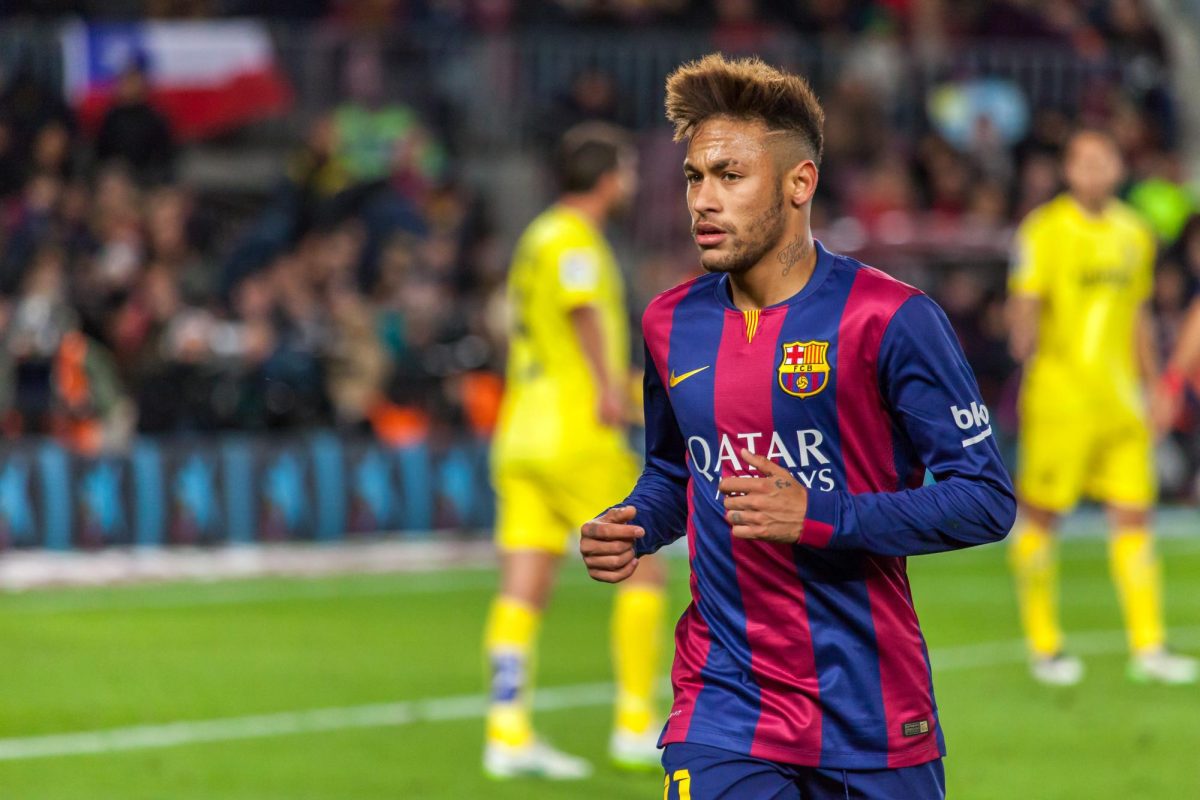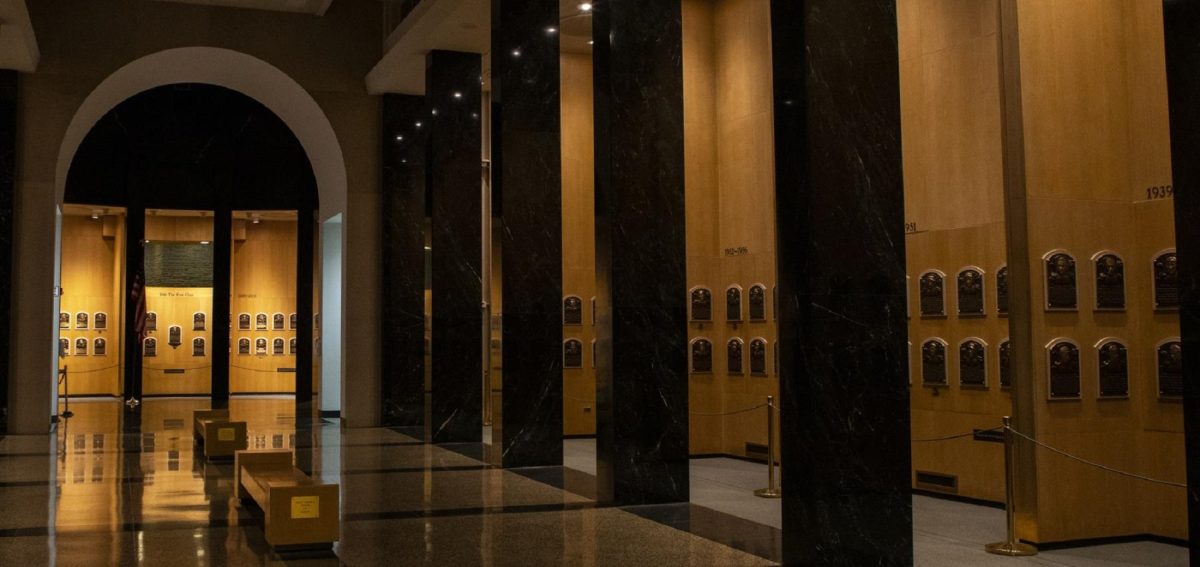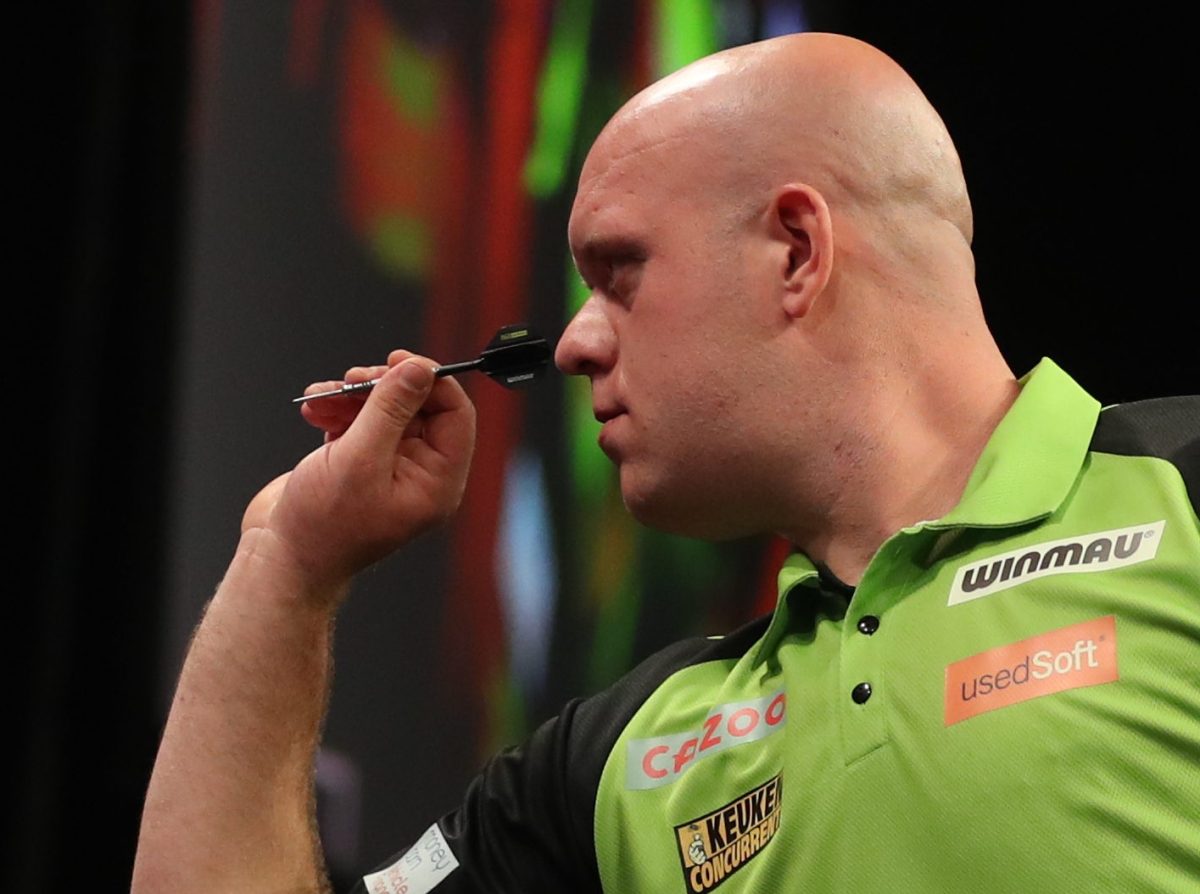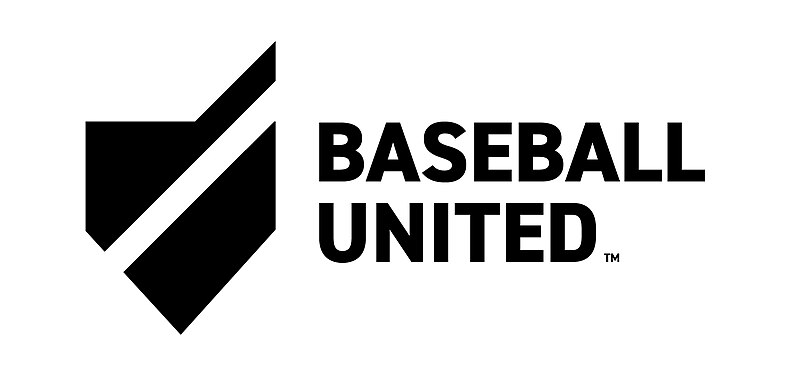On Thursday, the NHL released a statement saying that it was changing the penalty that was assessed to the New Jersey Devils regarding a free agent signing that they made almost four years ago. They are not removing the penalty, which involves the signing of a player who has since retired, but are decreasing it. If that sounds complicated, it is. If you want an explanation, that’s why I’m here.
In the summer of 2010, the New Jersey Devils signed 27-year-old free agent Ilya Kovalchuk to a 17-year, $102 million deal. By NHL standards, that’s a big contract, but most expected a superstar like Kovalchuk to earn more than $6 million per year. Well, he actually did, and that’s why the deal is so complicated. In the NHL, the average yearly cap hit is determined by dividing the total salary by the number of years that the contract lasts, which is simple and easy to remember.
However, before the new collective bargaining agreement was agreed to last January, there were no restrictions on the variance in a player’s salary from year to year. For instance, Kovalchuk’s 17-year contract — which seems awfully long for a 27-year-old — would actually only pay him $4 million over the final four years of the deal. This means he would earn $98 million in the first 13 years for an average of over $7.5 million per year.
Most wingers in the NHL don’t play beyond the age of 40, so it was widely assumed that Kovalchuk would retire by the time he was 40. Assuming Kovalchuck retired at 40, the Devils have been able to decrease the annual cap hit and would have been spared from having a $6 million salary cap hold in the last four years of the deal.
While a deal like that definitely feels a little weird, there was nothing wrong with it at the time, according to NHL rules. But, that didn’t stop the NHL from nixing the deal and punishing the Devils for it. After having the deal terminated, the Devils then signed Kovalchuk to a 15-year, $100 million deal that was a little more spread out. Kovalchuk abruptly retired last summer to move back to Russia after playing just three years into the contract, but that deal has nothing to do with the punishment for the first contract, and, as far as we know, his retirement has nothing to do with the NHL’s decision yesterday.
Back in 2010, the NHL fined the Devils $3 million, stripped them of their 2011 third-round draft choice and took away a first-round draft choice from the Devils in one of the following four years, but the Devils were allowed to choose from which year to surrender the selection. In 2012, they were the runner up, meaning that they had the 29th pick out of 30 first-round choices in the league. Somewhat inexplicably — or at least it seemed — they chose not to surrender that year’s pick. Many, myself included, wondered why well-regarded General Manager Lou Lamoriello didn’t forgo such a poor draft slot.
Well, now we know why. Thursday, the NHL ruled that its own punishment was too harsh almost four years after dishing it out. Before Thursday, the Devils would have had to surrender their 2014 first-round choice because they had not done so in the first three years of the required window of the penalty. But the NHL said yesterday that, instead, their draft choice would simply be moved to the 30th of the first round, and they are prohibited from trading the pick. The NHL also decreased the amount that the team was fined. It had been unknown to many that the NHL was even reconsidering its penalty, but Lamoriello gambled correctly by not sacrificing his pick two years ago. The Devils will probably wind up with what should have been a pick in the mid-teens, so now they only move down about 15 or so spots in a first round of the draft instead of completely forfeiting their pick.
If you’re questioning why the NHL fined the Devils in the first place, that’s the response that you should have. There was nothing in the rules against what the Devils did, and, if the NHL wanted to change the rule, it should have done it proactively, not retroactively. Understandably, it changed the rule in the most recent CBA so that a player’s yearly salary may not drop below 50 percent of its highest value.
That’s fine, but it doesn’t mean that any team should be punished for rules that weren’t explicitly in place, similar to how NFL Commissioner Roger Goodell punished the Cowboys and Redskins for spending too much in an uncapped year. (No, that is not supposed to make sense. Goodell just did it anyway.) If a team hasn’t broken any rules, then no league should have an arbitrary statute by which to punish that organization.
Tom Hoff is a junior in the McDonough School of Business. Down to the Wire appears every Friday.








